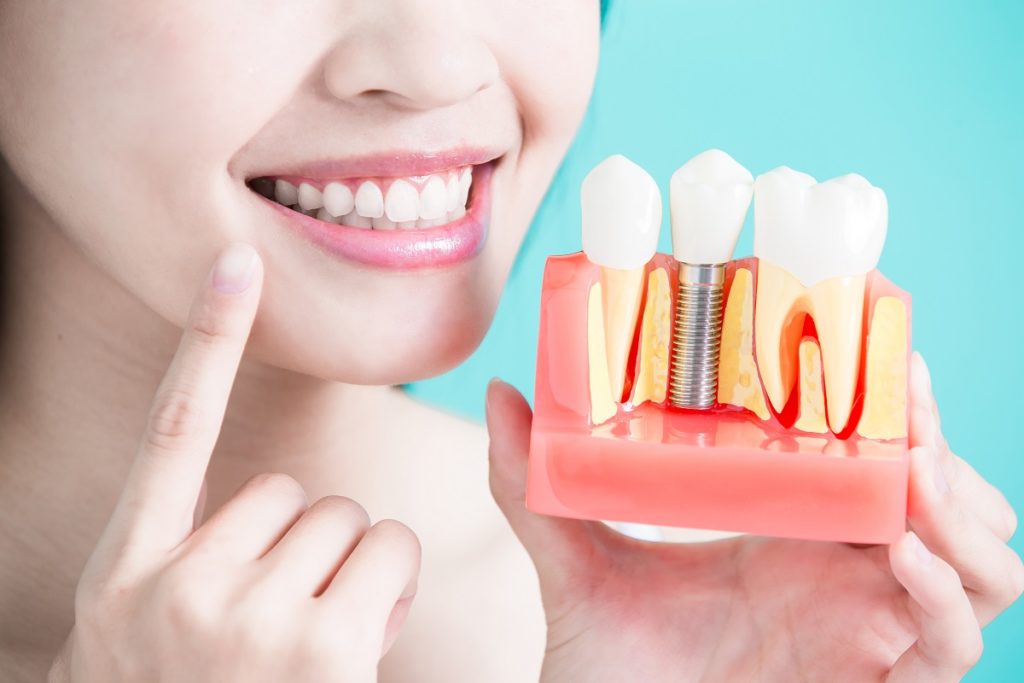When it comes to recreating a seamless smile that can offer the bite strength of your lost, natural teeth, dentures and bridges are no longer the only options.
In the last 10 years, there has been a rise in the popularity and availability of oral implants, allowing dental patients to have security and functionality while looking and feeling natural too.
But what are the truths behind some of the myths that you may have read about dental implants Clapham?
They are uncomfortable
When it comes to having oral implants fitted, many patients worry that it will be unbearably uncomfortable.
In actuality, your dental team will numb the area before beginning (obviously!) and will top up the numbing agent as and when required throughout the surgery. Once at home, there may be a sensation that feels similar to bruising under and around the implant site, which will fade in a few days.
It is advised to take paracetamol to control any associated discomfort as ibuprofen and aspirin can thin the blood and prolong the healing time. Should you be worried about how long the healing process is taking or the discomfort you are having, please talk to your dentist.
They fall out
Oral implants are attached to your jaw and, once they have fused, it is unlikely that they will fall out.
However, if you are prone to gum disease, you will need to keep an eye out for this because periodontal disease can create issues surrounding the longevity of tooth implants. So, once your implants are fitted, be sure to maintain good oral hygiene and attend regular dental checkups.
They are cheaper and better quality abroad
Technically, you will be able to have oral implants fitted for less if you travel abroad for the surgery.
But this lower cost can result in lower quality tools being used which can have an impact on how long they last and how well the surgery goes. To get a rough idea of how much your oral implant(s) will cost, it is advised to call around to different surgeries to get quotes and then choose the one most suited to you.
Anyone can have them

Sadly, not everyone is suitable for oral implants.
If you have a degenerative bone disorder such as osteoporosis or take certain medications for autoimmune disorders, this can negatively impact the likelihood of your implants being successful.
During your consultation with your dentist, to be on the safe side, always disclose any medications you take or any diagnosed conditions that you have before you have the oral implants fitted.
Lifestyle doesn’t affect them
Of course, it does!
If you smoke, drink excessively or don’t brush your teeth, then this can have an obvious negative effect on how well your implants fuse to your jaw and how successful they are in daily life.
If you want to quit smoking, talk to your dental team for advice on smoking cessation and, for other lifestyle issues such as excessive alcohol consumption, seek help from your doctor.

